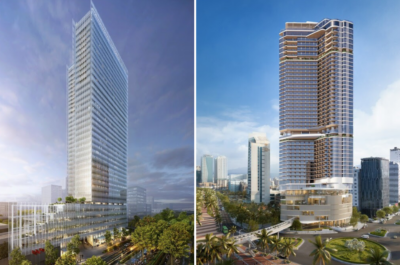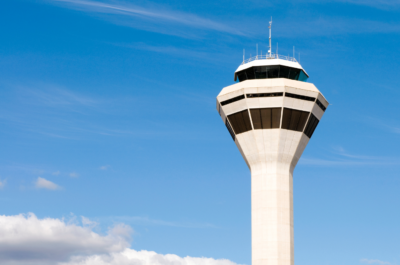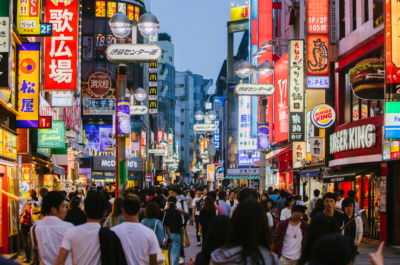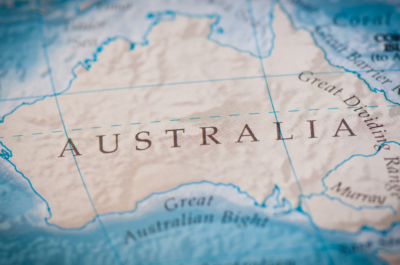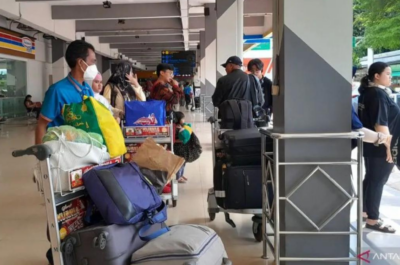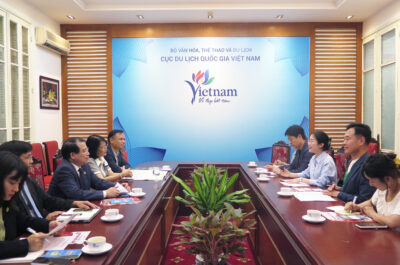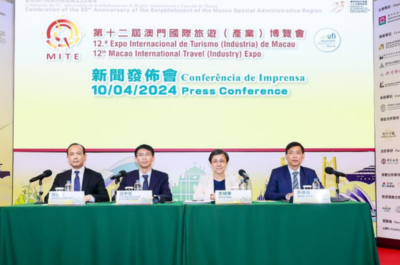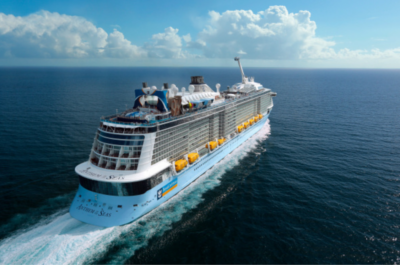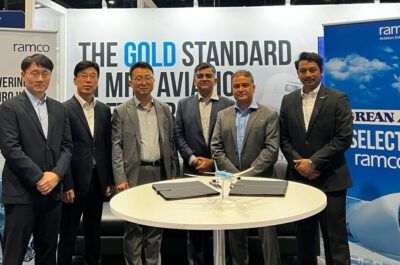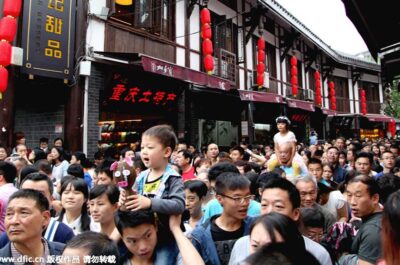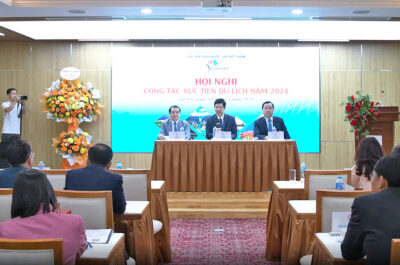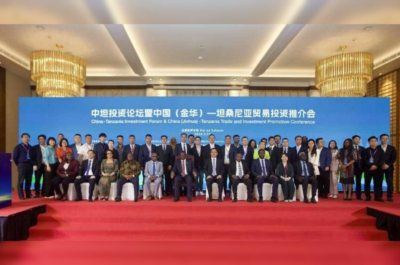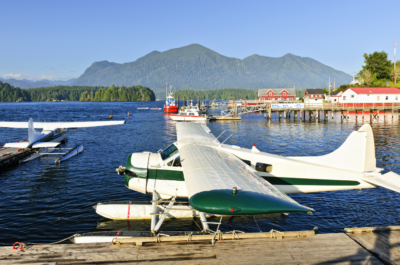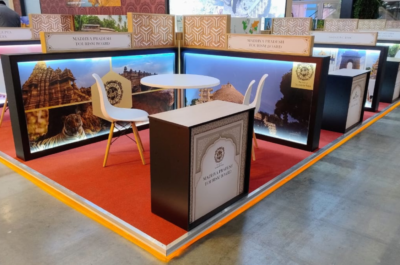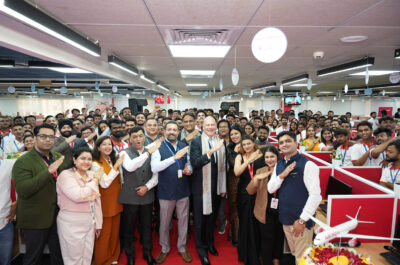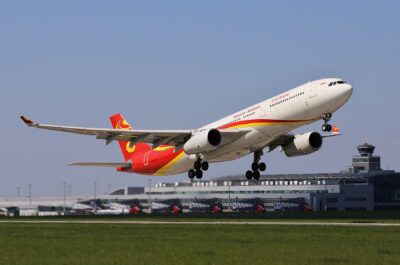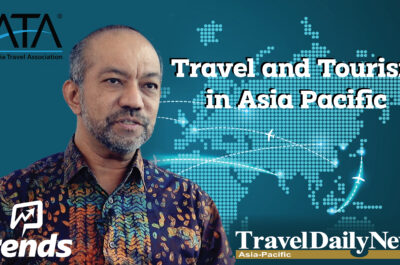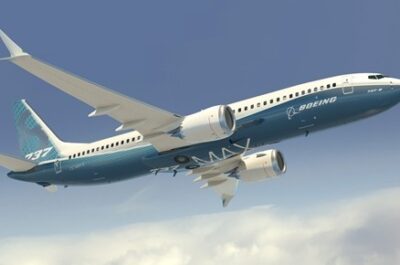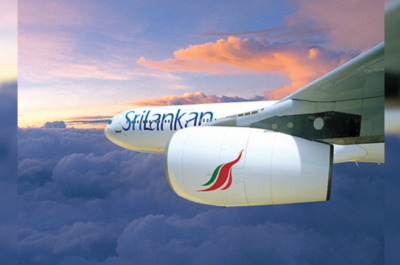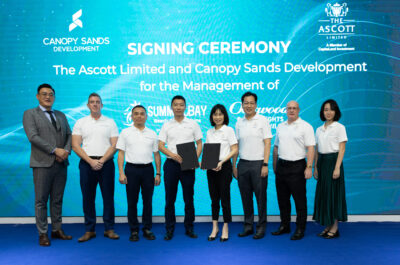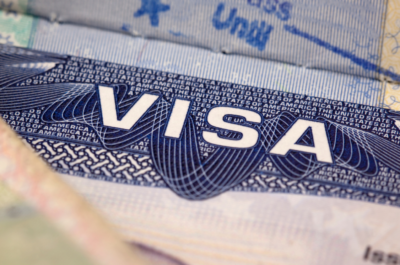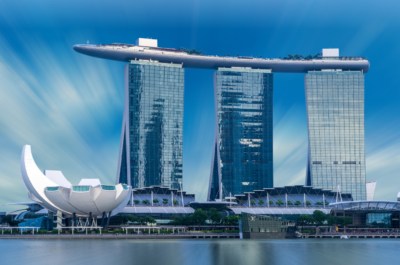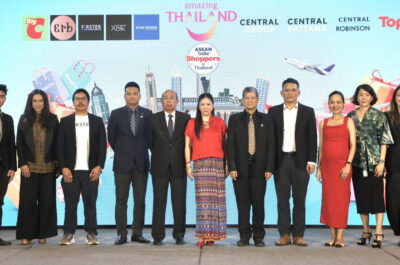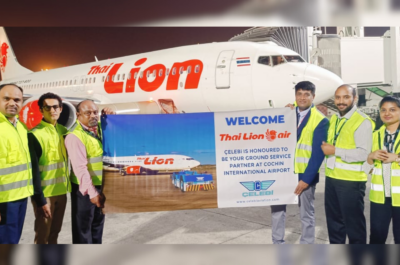A further surge of visitors in December 2002 capped a record-breaking year for Hong Kong`s tourism industry, the Hong Kong Tourism Board (HKTB) said…
A further surge of visitors in December 2002 capped a record-breaking year for Hong Kong`s tourism industry, the Hong Kong Tourism Board (HKTB) said. Total arrivals for 2002 reached 16,566,382, an increase of 20.7% on the 13.73 million visitors welcomed in 2001.
New records were set almost every month as the year progressed, and December proved no exception. Lured by the varied attractions of the HKTB`s Hong Kong WinterFest programme and other seasonal activities, a total of 1,668,474 visitors arrived during December, comfortably breaking the previous monthly record of 1.58 million set just two months earlier.
Including the first five days of January, more than 1.9 million visitors came to Hong Kong during the five-week Hong Kong WinterFest period (1 Dec-5 Jan) -a result comfortably exceeding the HKTB`s original target of 1.7 million. Year-on-year growth for the WinterFest period was over 28%.
Once again, Mainland China was the star performer. December arrivals from the Mainland hit a new high for the third month in succession, soaring 64.7% to 753,974. In total, Mainland arrivals in 2002 reached 6,825,199, a remarkable 53.4% increase on the 2001 figure. This follows a series of visa relaxation measures agreed by the Central Government during the year.
HKTB Chairman The Hon Mrs Selina Chow, GBS, OBE, JP, noted that China was the world`s fastest-growing travel market and Hong Kong was ideally placed to continue benefiting from this.
Obviously, we`re delighted to see this huge growth in Mainland arrivals, which has come at a very opportune time for Hong Kong`s retail and restaurant sectors, Mrs Chow commented. But this shouldn`t be allowed to obscure the fact that we have performed extremely well in all our other short-haul and long-haul markets, too.
All markets recorded positive growth in 2002, and all are now back to pre-9/11 levels, with arrivals from the three long-haul markets all showing increases of at least 6%. Hong Kong`s performance also outshines those of its regional competitors, even though most other destinations in the region also benefited strongly from increased Mainland arrivals.
Mrs Chow added that China`s growing attraction worldwide as an inbound destination, as well as its huge potential for further outbound growth, allowed great optimism for Hong Kong`s continued strong performance in the years ahead. It`s vital, however, that all sectors of the industry are ready and able to meet the challenges of these growing numbers in terms of hotel developments, timeliness of new attractions and the general upgrading of service standards and quality, she emphasised.
We have enjoyed some excellent support from Government and different sectors of the community in 2002, Mrs Chow noted, especially in terms of the co-operation we`ve seen in organising the City of Life Hong Kong is it! campaign mega-events and Recommendations of the Month. These events have certainly played a significant part in bringing additional visitors to Hong Kong and enhancing their experience.
The campaign will move to its next stage soon, but the need to make tourism a community effort will become even stronger as we seek to extend further the breadth and depth of our visitors` experience in Hong Kong. It will be important that Government, the HKTB, the travel trade and all different sectors of the tourism and related industries work together more closely than ever before, to ensure we can reap the full benefit of growth in arrivals, increase tourism revenue and consolidate Hong Kong`s position as the most popular single destination in Asia.
Analysis by Markets
All long-haul and short-haul markets showed substantial growth in December 2002. Mainland China led the way with 753,974 arrivals, a 64.7% growth on the December 2001 figure which was itself a new record at that time. Arrivals from South & South East Asia increased by 10.9% to 243,969, led by India which recorded 24.0% growth. Taiwan contributed 204,841 arrivals, a 2.5% growth, while North Asian arrivals increased by 12.4% to 169,722, with Japan showing year-on-year growth of 14.0%.
In the long-haul markets, Australia, New Zealand and South Pacific showed the strongest growth in December, with arrivals increasing by 16.8% compared with the same month in 2001, to reach 39,907. Arrivals from Europe, Africa & the Middle East increased by 9.8% to 95,043 and those from The Americas by 8.5% to 109,386.
For the full year of 2002, the picture is again dominated by Mainland China which accounted for 41.2% of all arrivals, nearly 6.83 million in total. Taiwan remained Hong Kong`s second largest source market with 2.43 million arrivals, a modest 0.4% growth in a difficult year for the Taiwan economy.
South & Southeast Asia was third, with arrivals in 2002 growing 9.1% to 1.91 million. This was followed by North Asia (1.85 million, +5.1%); The Americas (1.35 million, +7.0%); Europe, Africa & the Middle East (1.26 million, +7.8%); and Australia, New Zealand & South Pacific (0.41 million, +6.1%).
Length of Stay and Same-Day Visitors
Another encouraging trend is that during 2002, visitors` average length of stay increased to 3.6 nights from 3.1 nights in 2001. This is largely due to the growth in Mainland visitors, who tend to stay longer than most.
On the other hand, there was a marginal increase in the number of same day visitors, i.e. those who left Hong Kong for another destination on the same day as arrival. In 2002, 35.5% of all visitors did so, compared with 35.3% in 2001. This phenomenon is due to Hong Kong`s growing importance as a major regional air hub, and the significant number of visitors, especially business people from Taiwan, who continue by land or sea to/from other places in the Pearl River Delta. (Note: These figures only include travellers who pass through Hong Kong Immigration, not those who are solely transit passengers.)
Visitors from Taiwan remain the least likely to stay overnight, with only 23.2% doing so in 2002. At the other end of the scale, 81.2% of all visitors from The Americas, 79.6% from Australia, New Zealand & South Pacific and 77.1% from South & Southeast Asia stayed for one night or longer. Among Mainland visitors, 69.8% stayed overnight in 2002, a similar figure to the previous year.
Hotel Occupancy
The record December arrivals ensured that hotel occupancy averaged 89% for the month, compared with 84% in December 2001. All categories of hotel benefited, with those in the top tariff averaging 83% occupancy (2001: 73%) and other categories 90% or better.
For the full year 2002, occupancy averaged 84%, compared with only 79% in 2001. The improvement was seen across all different categories of accommodation and all geographical districts. Hotels on Hong Kong Island outside the main tourist districts of Central, Wan Chai and Causeway Bay were the most popular of all, averaging 88% occupancy over the year. These hotels are widely used by Mainland tour groups.
Although the hotel industry was able to improve average achieved room rates in the last three months of the year, the overall average for 2002 showed a -5.3% fall to HK$713, despite the higher occupancy levels.
Forecasts for 2003
For 2003, the HKTB is forecasting further growth of 8.4% to 17.96 million arrivals. This includes 7.86 million arrivals from the Mainland, a growth of 15.2%.
Presenting the forecasts today, Executive Director Clara Chong said they might appear conservative set against the much higher growth figures achieved in 2002, but the Board preferred to take a prudent view at this stage. As far as the Mainland is concerned, clearly we cannot expect to see over 50% growth as we did last year, when there were several major changes to the visa requirements and the number of Mainland agents authorised to offer Hong Kong tours jumped from 4 to 528, she explained.
Nevertheless, we do expect to see continued strong growth in the Mainland market, especially if proposals to relax further the visa requirements for Guangdong residents go ahead. This will give us increased opportunity to generate repeat business from this group, especially for short shopping and sightseeing trips, and weekend breaks with the family.
As regards other markets, Ms Chong said the reasons for taking a cautious approach included the possibility of war in the Middle East, continued economic concerns in some markets, and growing global and regional competition. All these factors create a good deal of uncertainty at this stage, she observed.
Ms Chong said that although the Mainland was a natural market for Hong Kong, and would again be a focus of the HKTB`s marketing strategy in 2003, the other short-haul and long-haul markets would continue to command a significant share of the Board`s marketing resources and budget. The HKTB has identified 16 key focus markets for 2003, which between them contribute over 92% of all arrivals.
In the leisure market, efforts will be placed especially on the family travel and cruise market segments, to pave the way for major infrastructural investments in these areas in the next few years. Strong emphasis will also be placed on maximising the contribution of business arrivals, by encouraging business visitors to stay longer and increasing arrivals in the high-yield sectors.
The HKTB`s marketing campaigns, Ms Chong said, would be built around the four main product pillars in which Hong Kong excels, namely shopping; dining; heritage, culture and festivals; and city, harbour and green attractions. We may not be the only destination that can offer these attractions, but no other destination can offer them all together, in such a compact space, she observed. What really differentiates Hong Kong is its sheer diversity and sophistication. In 2003 we will use the four product pillars, and these key differentiating values, to show people that a visit to Hong Kong is a unique and completely unforgettable experience.
Theodore is the Co-Founder and Managing Editor of TravelDailyNews Media Network; his responsibilities include business development and planning for TravelDailyNews long-term opportunities.



















